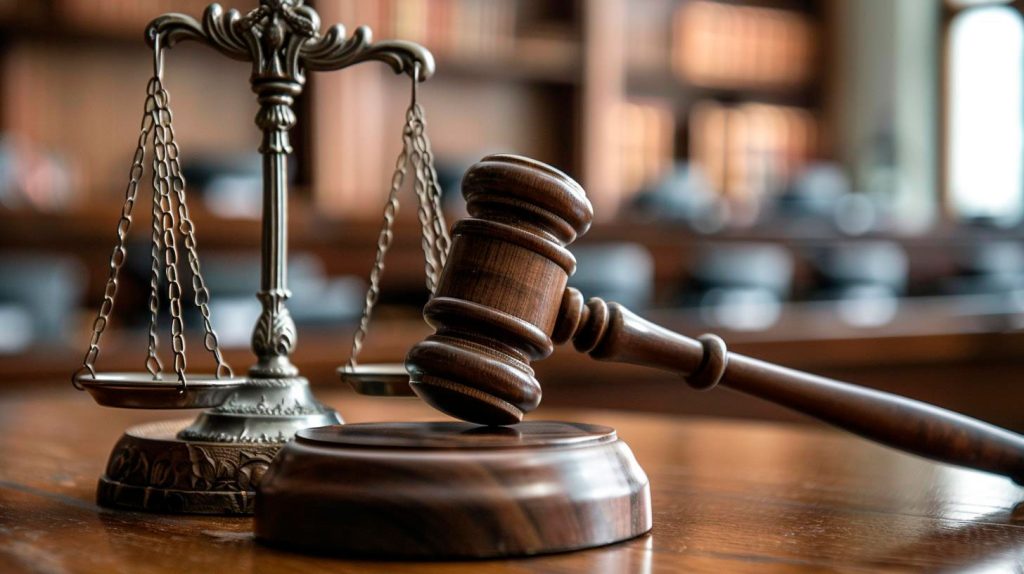
Steps to Take to Safeguard Your Credit During a Divorce Settlement
Here are some steps you can take to safeguard your credit during a divorce settlement:
1. Close Joint Accounts
One of the first things you should do is to close any joint accounts you have with your ex-spouse. Joint accounts can be a liability if your ex-spouse does not make timely payments. Closing these accounts can help prevent any negative impact on your credit score.
2. Separate Finances
It is essential to separate your finances from your ex-spouse as soon as possible. This includes opening new accounts in your name only and updating your billing and mailing addresses. By separating your finances, you can avoid any confusion or potential financial issues down the road.
3. Monitor Your Credit Report
During and after the divorce settlement, it is crucial to monitor your credit report regularly. Look for any discrepancies or suspicious activity that could indicate identity theft or financial mismanagement. By staying vigilant, you can address any issues promptly and protect your credit score.
4. Pay Bills on Time
It is essential to continue paying your bills on time, even during a divorce. Late payments can have a significant negative impact on your credit score. By staying current on your financial obligations, you can maintain a positive credit history and prevent any further damage to your credit score.
5. Update Accounts and Beneficiaries
Don’t forget to update your accounts and beneficiaries following a divorce. This includes updating your will, trusts, life insurance policies, and retirement accounts. By ensuring that your accounts reflect your current wishes and circumstances, you can protect your assets and financial future.
6. Seek Legal Advice
During a divorce settlement, it is crucial to seek legal advice from a qualified attorney. A legal expert can help you navigate the complex legal issues surrounding divorce, including financial matters. They can provide guidance on how to protect your assets, liabilities, and credit during the divorce process.
7. Consider Credit Counseling
If you are struggling to manage your finances during a divorce, consider seeking credit counseling. A credit counselor can help you develop a budget, manage your debt, and improve your financial literacy. By taking proactive steps to manage your finances, you can safeguard your credit and financial well-being.
Divorce can be a challenging time in anyone’s life, but it is essential to take steps to protect your credit during the settlement process. By following these tips and seeking professional advice, you can safeguard your credit and financial future. Remember, your credit is a valuable asset that deserves protection, even during a divorce.
Common Mistakes to Avoid that Could Harm Your Credit
In this article, we will discuss some common mistakes to avoid in order to protect your credit score and financial well-being.
Not Paying Bills on Time
One of the most significant factors that affect your credit score is your payment history. Late payments, even if just a few days overdue, can have a negative impact on your credit. It is crucial to pay all your bills on time, including credit card payments, rent, utilities, and loans. Setting up automatic payments or reminders can help ensure that you never miss a payment deadline.
Maxing Out Your Credit Cards
Another common mistake that can harm your credit is maxing out your credit cards. Utilizing too much of your available credit limit can signal to lenders that you are overextended and may have difficulty repaying debts. It is recommended to keep your credit card balances below 30% of your credit limit to maintain a healthy credit utilization ratio.
Closing Old Credit Accounts
Many people mistakenly believe that closing old credit accounts will improve their credit score. However, closing accounts can actually harm your credit in the long run. Length of credit history is a significant factor in credit scoring, and closing old accounts can shorten the average age of your accounts, which may lower your score.
Ignoring Errors on Your Credit Report
Regularly reviewing your credit report is essential to ensuring the accuracy of your credit information. Errors such as inaccurate account information, late payments, or identity theft can negatively impact your credit score. If you spot any errors on your credit report, it is crucial to dispute them with the credit bureau to have them corrected.
Applying for Too Many Credit Cards
Each time you apply for a new credit card, a hard inquiry is made on your credit report. Too many hard inquiries within a short period of time can signal to lenders that you are desperate for credit, which may hurt your credit score. It is important to only apply for credit when necessary and to be mindful of how it may impact your credit.
Not Building Credit
Some people avoid using credit altogether to avoid debt, but this can also harm your credit. Without a credit history, lenders have no way to assess your creditworthiness, which can result in difficulty getting approved for loans or credit cards. Building credit responsibly by using credit cards and paying them off in full each month can help establish a positive credit history.
By avoiding these common mistakes and practicing good credit habits, you can protect your credit score and improve your financial well-being. Remember to pay your bills on time, keep your credit card balances low, monitor your credit report for errors, and build a positive credit history. If you find yourself in financial trouble, seeking the help of a professional lawyer specializing in credit issues can provide valuable guidance and assistance.
Protecting your credit is essential for achieving your financial goals and securing your future. By being mindful of these common mistakes and taking proactive steps to manage your credit responsibly, you can set yourself up for success and financial stability in the long term.













It’s crazy how a divorce can ruin your credit if you’re not careful. Gotta make sure you protect yourself and your finances.
Yo, when you going through a divorce, make sure you keep an eye on your credit score. Don’t want your ex messing that up for you, you know?
Can your ex’s bad credit affect yours during a divorce settlement? Seems unfair if they mess up your credit too.
I never realized how important it is to protect your credit during a divorce. Thanks for the heads up, y’all.
Is it true that your credit can tank if your ex doesn’t pay off joint debts during the divorce? That’s scary as hell.
I heard you can freeze your credit during a divorce to prevent your ex from opening new accounts in your name. Is that true?
Man, divorces are messy enough without having to worry about your credit score taking a hit. Any tips on how to avoid that?
I ain’t trying to be paying for my ex’s mistakes after the divorce. Gotta figure out how to protect my credit score, any suggestions?
I don’t want my credit score to suffer just because my ex is being petty. How can I prevent that from happening?
I heard horror stories about people getting screwed over by their ex in a divorce settlement. Gotta protect yourself and your credit score, man.